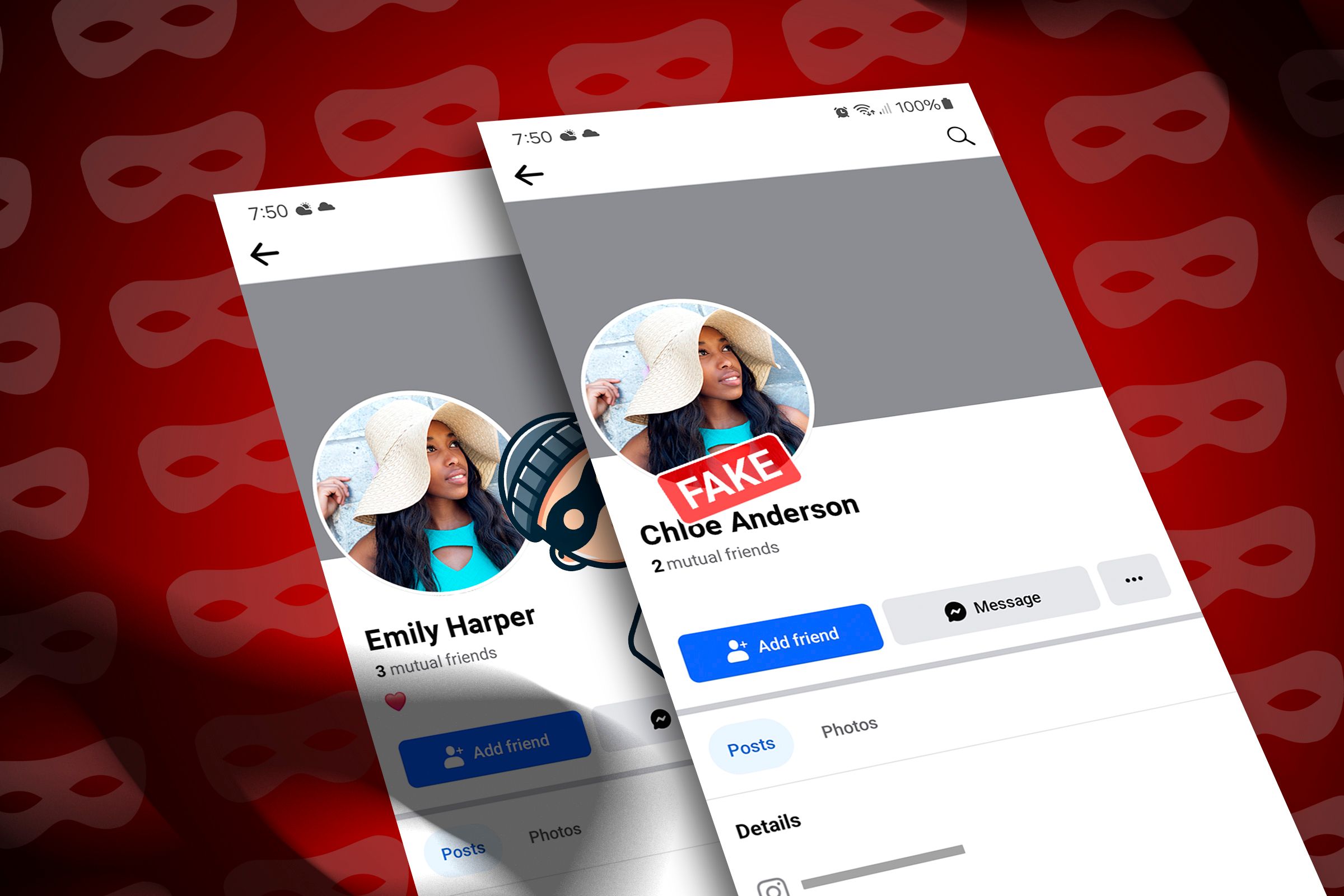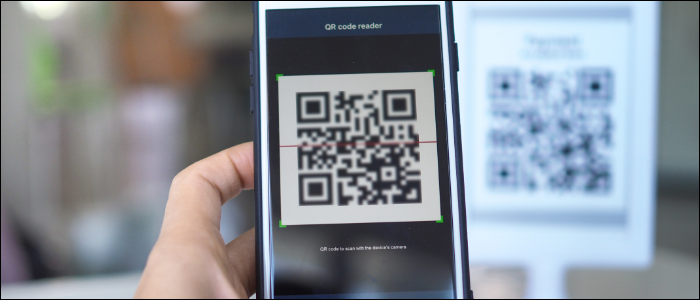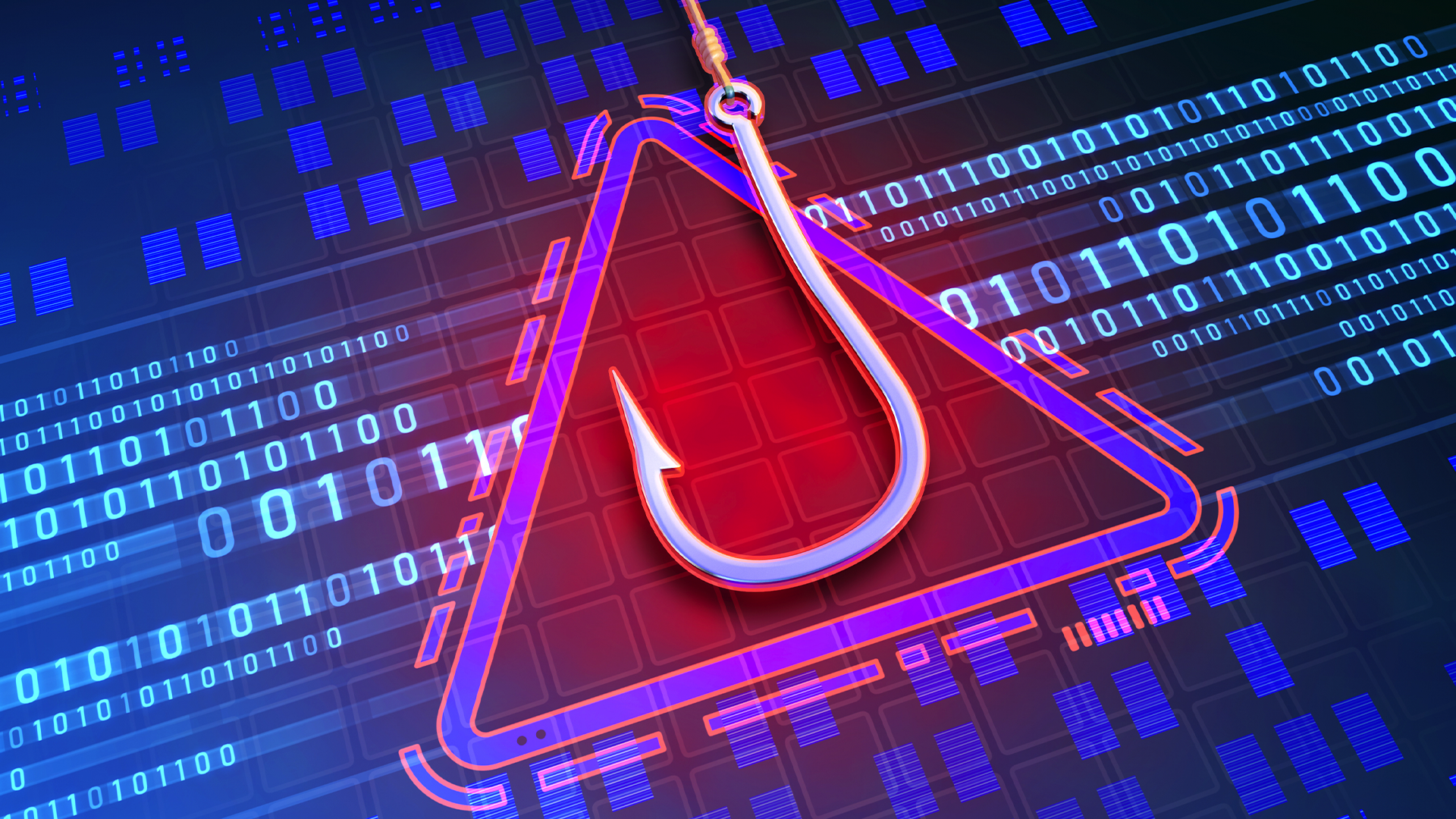Black Friday is a great time to score amazing deals, but the surge in shoppers also creates a prime opportunity for scammers to exploit victims. They use fake ads, unbelievable offers, and bogus giveaways to trap people. Here are some of the most common ways scammers may target you on Black Friday.
1 Giveaways Demanding a Processing Fee
Scammers often use fake social media giveaways to steal money or personal information from unsuspecting victims. You might receive a message claiming you’ve won a valuable prize, but it requires you to pay a “processing fee” or share sensitive details to claim it. If you encounter such a request, it’s likely a scam and should be ignored.
Genuine brands running the giveaways never ask for payment or sensitive personal information beyond a shipping address (and some other details) for the prize. To confirm the authenticity of the giveaway, check if the profile contacting you is verified. You can also visit the brand’s official website to see if they are running a legitimate giveaway.
2 Fake Profiles Promising Unrealistic Deals
Scammers often set up fake social media profiles, posing as well-known brands or stores. These profiles advertise deals that seem too good to resist, such as luxury items at incredibly low prices. Trusting the brand’s reputation, users make purchases only to realize they’ve been scammed when the product never arrives.
To avoid falling victim to such scams during Black Friday, you must always verify the authenticity of Black Friday deals on social media. Check if the page has a verified badge and review its follower count. If the account lacks verification or has very few followers, it’s likely a fake. Avoid engaging with such profiles to protect yourself.
Scammers also impersonate the profiles of your favorite influencers, tricking you into purchasing deals that the fake profile appears to be promoting.
Scammers often share misleading shortened links in comments, posts, or direct messages, claiming they lead the targeted recipients to exclusive Black Friday deals. However, clicking these links can take you to malicious websites or sources programmed to steal your personal information or infect your device with malware.
To protect yourself, avoid clicking links from unknown sources. Reputable brands won’t send deals via inbox or use shortened links. If you’re unsure, use a link preview tool to expand the shortened link and check its destination. If it doesn’t lead to the retailer’s official website, it’s likely a scam and should be avoided.
4 QR Codes Redirecting to Malicious Sites
QR codes have become a common tool for scammers to target shoppers during Black Friday. These codes are often shared in social media posts or ads, claiming to take you to exclusive deals or discounts. However, scanning them can lead to malicious websites designed to steal your personal information, login credentials, or payment details.
To protect yourself, avoid scanning random QR codes shared online, even if they appear to be from official sources. There is usually an alternative way to access the same information without scanning the code. If the code links to a specific retailer, visit their official website or social media pages directly to verify the offer.
Scammers often add extra charges at checkout to trick shoppers into paying more than they expected. During Black Friday sales, you might come across amazing discounts, only to find hidden fees or inflated prices when you reach the checkout. These extra charges can include inflated shipping costs, taxes, or processing fees that weren’t mentioned earlier.
To avoid falling for this, always double-check your total before completing a purchase. Ensure that all charges are clearly listed and compare the final price to the original offer to make sure no unexpected charges have been added. If anything seems suspicious or unclear, you must walk away and look for a more transparent deal.
6 Tricking Victims Through Clone Websites
During Black Friday, scammers often set up fake websites that closely resemble those of reputable brands. These cloned sites are designed to deceive you into believing you’re shopping on a legitimate retailer’s page. As a result, you may pay for items that never arrive, and worse, your personal and payment information could be stolen and used fraudulently.
To avoid falling for this scam, always double-check the website’s URL before making any purchases. Look for small spelling errors or suspicious domain extensions that might signal a fraudulent site, and refrain from clicking on search ads. Also, use secure payment methods like credit cards, which let you request a refund if you’re scammed.
7 Fake Customer Support Accounts
Scammers often set up fake customer support accounts on social media during Black Friday, impersonating well-known brands or retailers. These fake accounts may claim to help with Black Friday deals or resolve issues, but they may ask for your payment information, request access to your shopping accounts or computer, or charge hidden fees for their support.
To avoid falling for this, always reach out to customer support through official channels, such as the retailer’s verified website or app. If you need to contact support by phone, get the contact information directly from the official website. Never give someone access to your computer for assistance, and always verify that the profile you’re interacting with is official and verified.
8 Phishing Emails Disguised as Shipping Updates
You might receive phishing emails pretending to be shipping or order confirmation updates. These emails often appear to come from trusted retailers and claim there’s an issue with your order. They aim to trick you into clicking on malicious links that redirect you to fake websites designed to steal your personal or financial information or to download harmful attachments.
To stay safe, always verify the sender’s email address and avoid clicking on any links or downloading attachments from unexpected emails. Instead, go directly to the retailer’s official website to check your order status. Also, look for signs of phishing, such as spelling mistakes, generic greetings like “Dear Customer,” or any other red flags that indicate a scam.
9 Free Trials Designed to Harvest Personal Information
Black Friday provides scammers with the perfect opportunity to tempt shoppers with “free trial” offers for expensive products or services. While these offers may seem appealing, they are often intended to collect your personal information, including credit card details. After signing up, you may continue to be billed even after the trial period has ended.
To avoid falling for this scam, take your time before signing up for any offers. Always read the terms and conditions thoroughly before committing to a free trial. Be cautious of offers that ask for excessive personal information or appear too good to be true. If in doubt, just avoid it. Even when signing up for genuine offers, use a virtual credit card instead of your actual one.
These are some of the most common tactics scammers use to deceive shoppers during Black Friday. If you’re on the lookout for great deals during these events, look for the warning signs listed above and avoid offers that seem suspicious or deceptive. Always stay alert to enjoy a scam-free Black Friday and make the most of the shopping season. Happy shopping!







